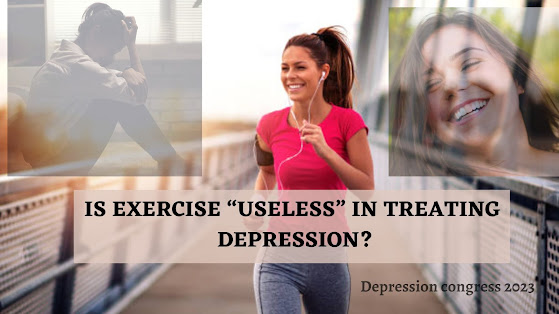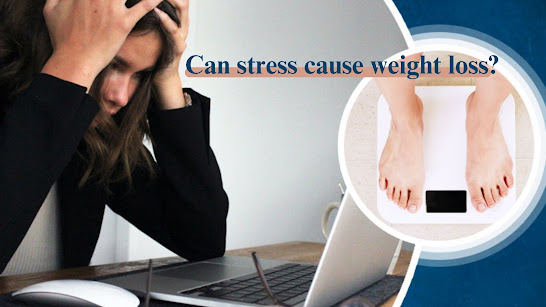IS EXERCISE “USELESS” IN TREATING DEPRESSION?
Exercise is a body
activity that enhances or maintains physical fitness and overall health and
wellness. Regular exercise may help ease depression and anxiety by: Releasing
feel-good endorphins, natural cannabis-like brain chemicals
(endogenous cannabinoids) and other natural brain chemicals that can enhance
your sense of well-being. And it's especially useful for people with mild to
moderate depression. Any type of exercise is useful, as long as it suits you
and you do enough of it.
Researchers found that
sleep problems, a lack of energy, and physical inactivity may lead to a
depressed mood and mood changes. Regular exercise can increase self-confidence,
improve your mood, help you relax, and lower symptoms of mild depression and
anxiety. Exercise can also improve your sleep, which is often disrupted by
stress, depression and anxiety.
Selective
serotonin reuptake inhibitors (SSRIs) are the most widely prescribed type of
antidepressants. They're usually preferred over other antidepressants, as they
cause fewer side effects. An overdose is also less likely to be serious. Working
out sparks the production of proteins called myOkines,
which can help protect your brain from stress-induced depression. So when you
stop exercising, you miss out on the influx of these mood boosters,
The research is based
on the intervention, called TREAD (Treatment of Depression with physical
activity), which is a theory that provides a trained facilitator who gives
“individually tailored support and encouragement to engage in physical
activity”, write the researchers. You may be overdoing high-intensity
exercise such as heavy lifting or high-intensity interval training--HIIT--by
cramming too many workouts into a week. These kinds of workouts take more time
to recover from and you may end up feeling worn down, depressed, or anxious.




Comments
Post a Comment